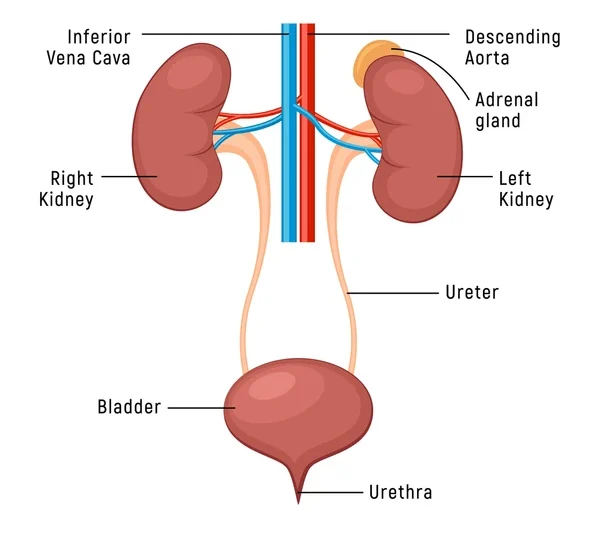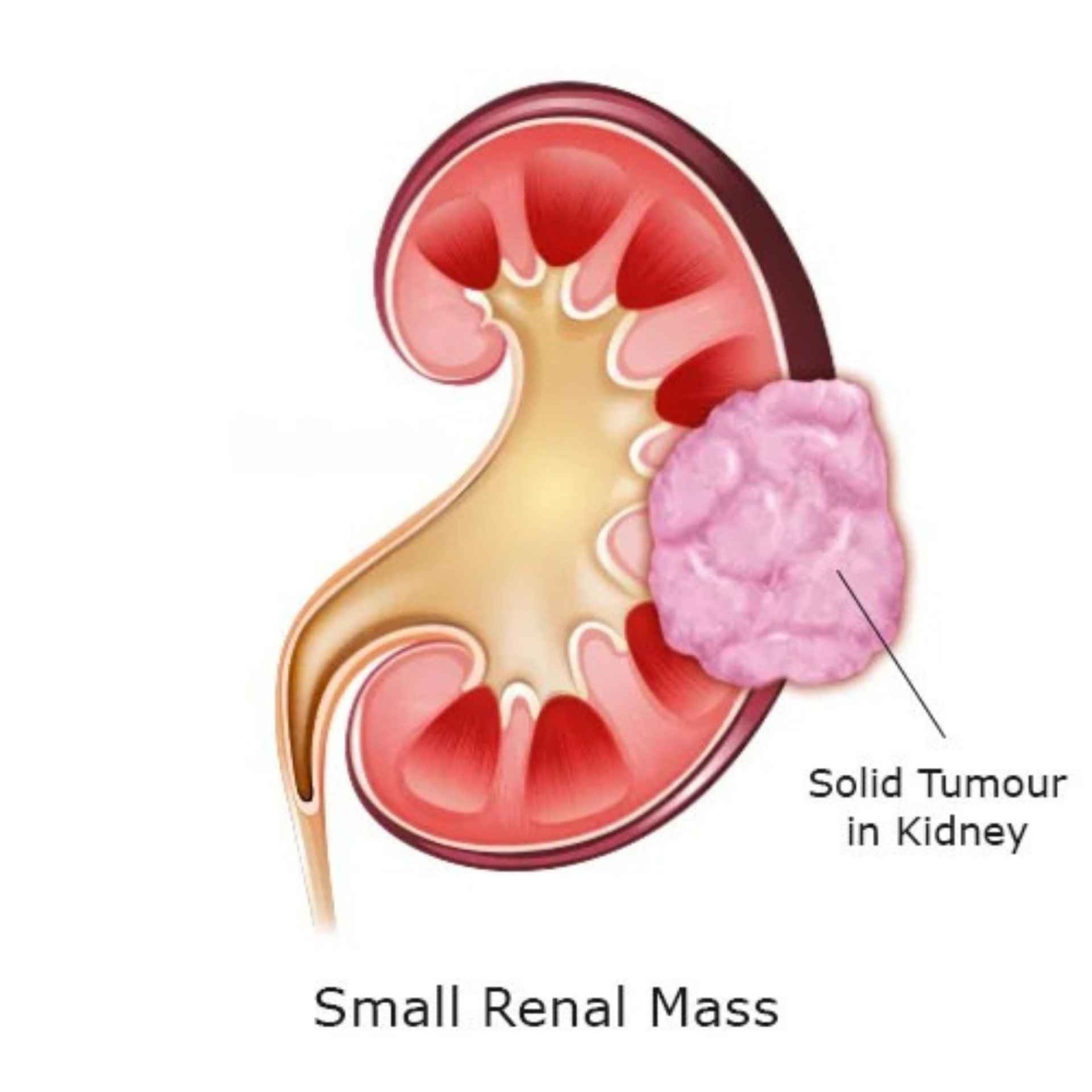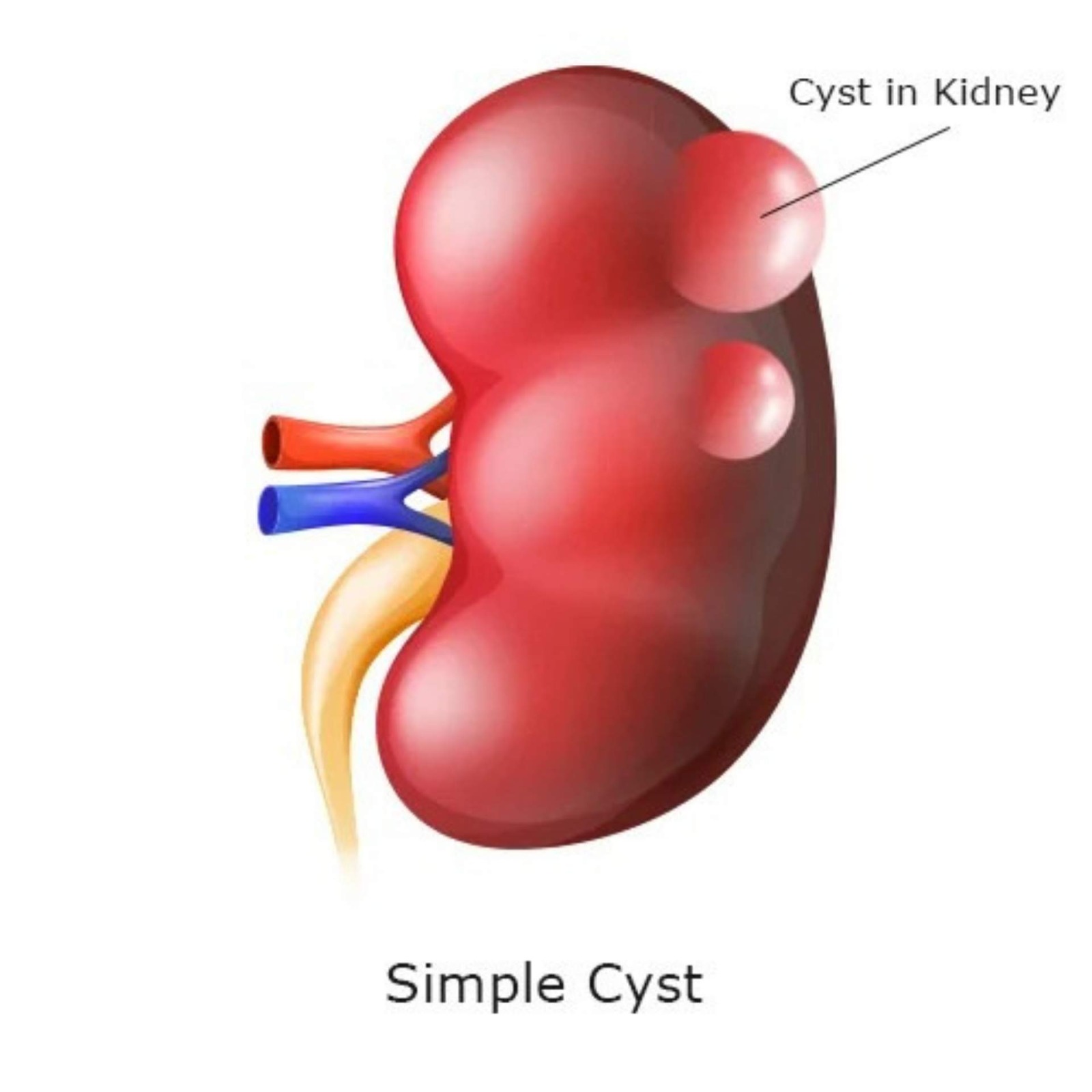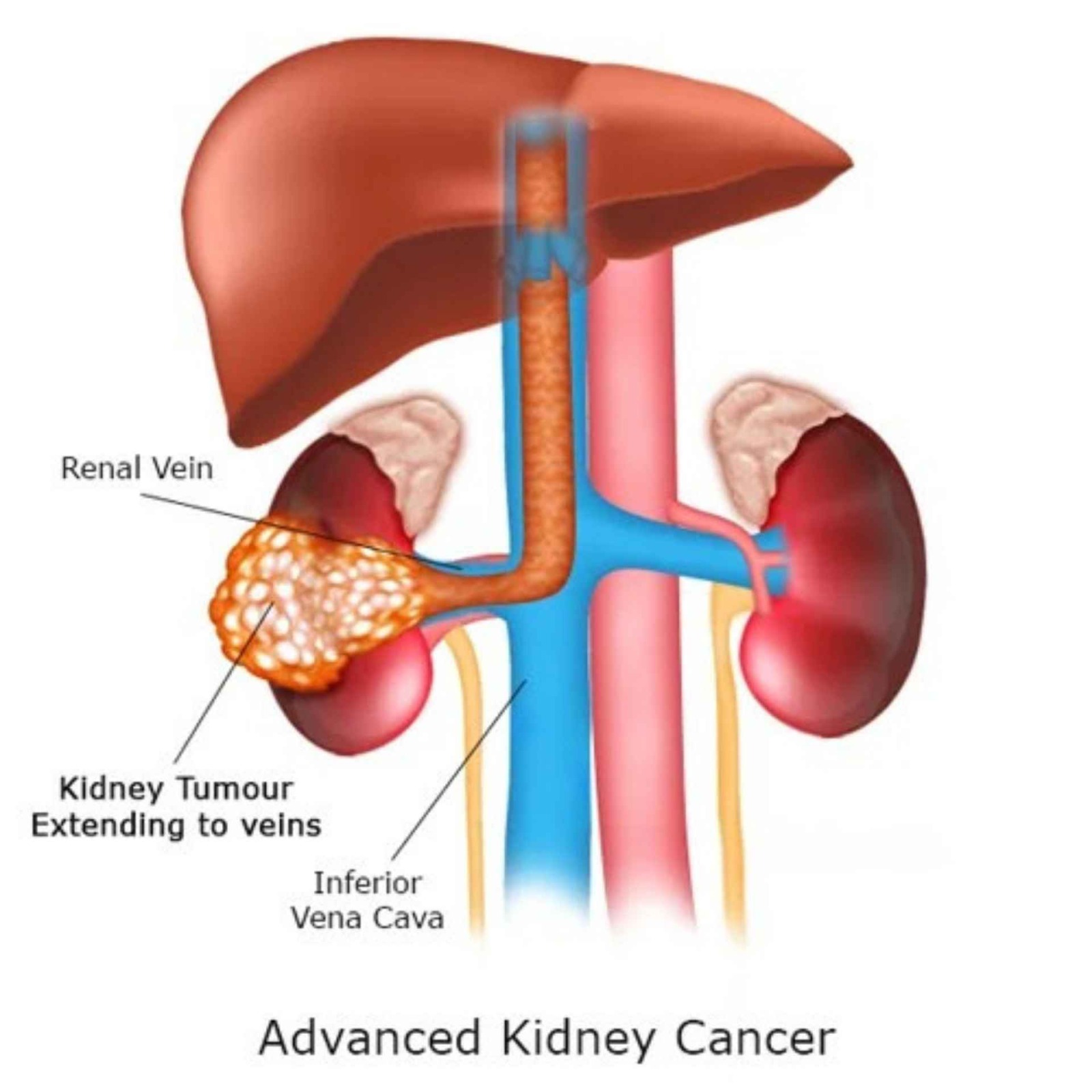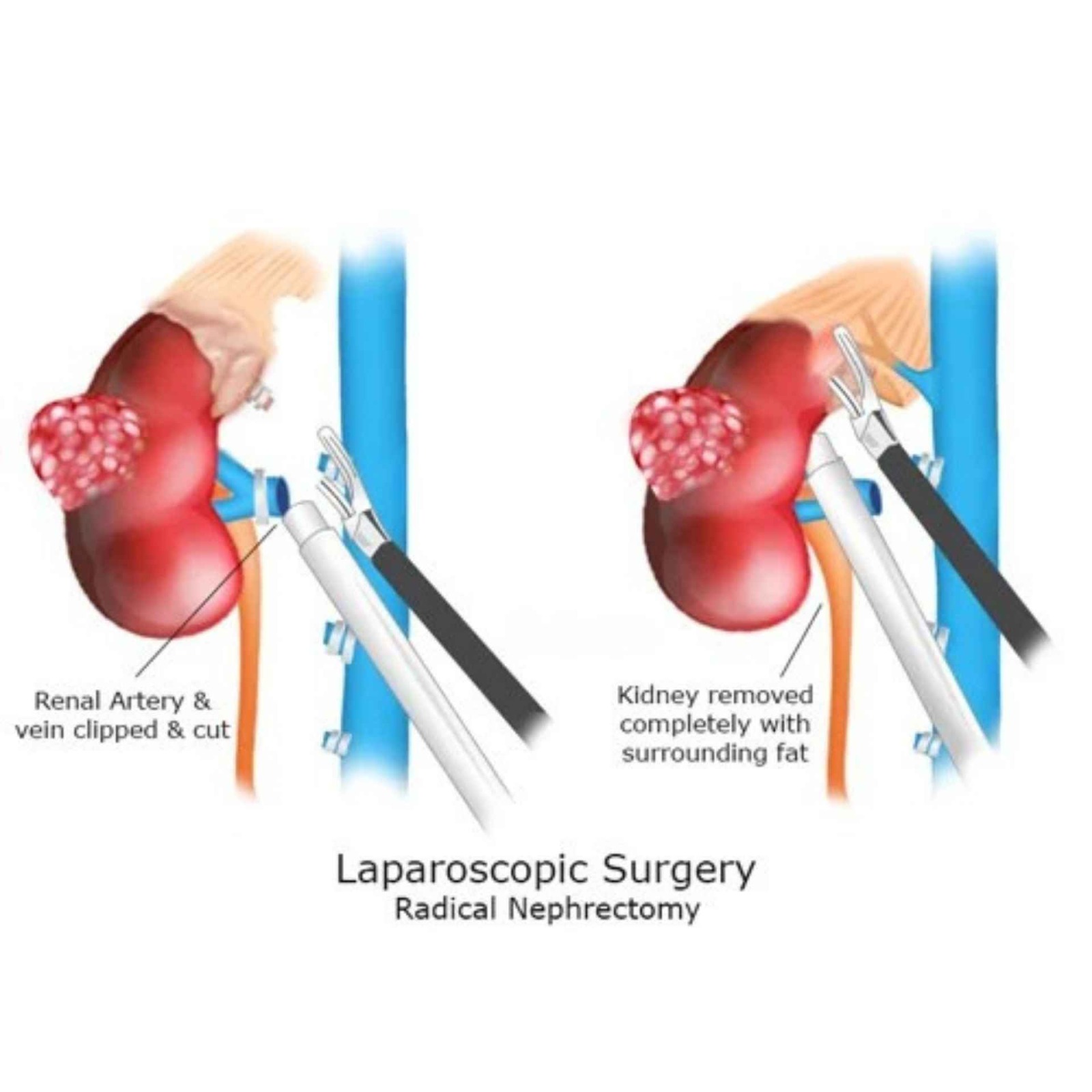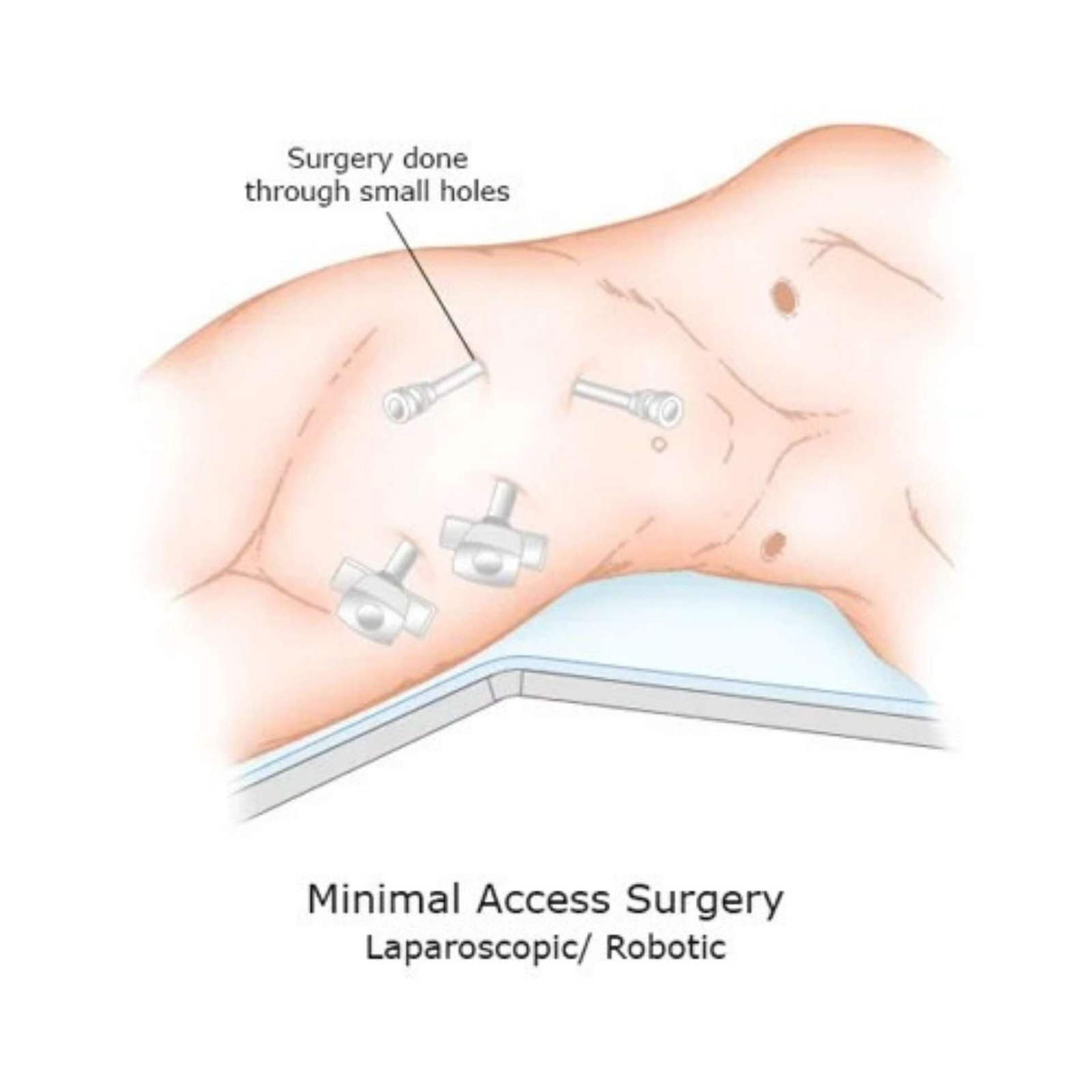About Us
Dr. Nitin Singhal: Best Urology Cancer Surgeon in Ahmedabad
Dr Nitin Singhal, a leading robotic and HIPEC surgeon, has 15+ years of experience and over 5000 successful major cancer surgeries. He specialises in urology cancers, including bladder, kidney, and prostate, offering advanced robotic urology cancer surgery with precision and safety.
Known for his compassionate, patient-focused approach, Dr Nitin Singhal ensures the best outcomes while supporting patients through every step of their journey. Trusted as the best urology cancer surgeon in Ahmedabad, he combines surgical expertise with genuine care.


